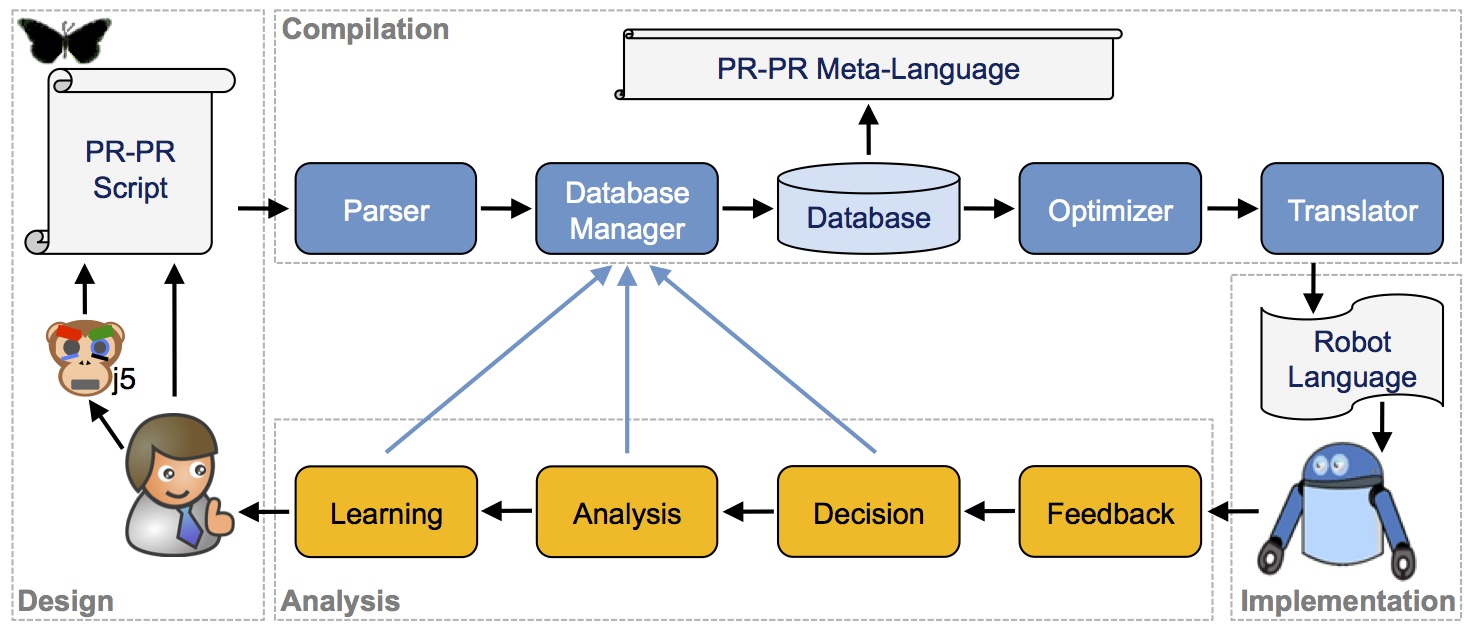Define the term Development Support Communication and differentiate it from the terms Development Communication and Development Journalism.
Development Communication
Development Communication has been alternatively defined as a type of marketing and public opinion research that is used specifically to develop effective communication or as the use of communication to promote social development. Defined as the former, it often includes computerized linguistics analysis of verbatim responses to qualitative survey interviews and may, at times also involved consumer psychological “right brain” (emotional) research techniques. Defined at the latter, it refers to the practice of systematically applying the processes, strategies, and principles of communication to bring about positive social change. As most providers of “communication development” research use proprietary approaches that cannot be elaborated upon without revealing proprietary trade secrets, the remainder of this article describes the latter definition. “the art and science of human communication linked to a society’s planned transformation from a state of poverty to one of dynamic socio-economic growth that makes for greater equity and the larger unfolding of individual potential.”
The theory and practice of development communication continues to evolve today, with different approaches and perspectives unique to the varied development contexts the field has grown in.
Development communication is characterized by conceptual flexibility and diversity of communication techniques used to address the problem. Some approaches in the “tool kit” of the field include: information dissemination and education, behavior change, social marketing, social mobilization, media advocacy, communication for social change, and participatory development communication
Development Communication is recognizing the power of communication as a catalyst for social development. It is also the utilization of existent communication tools and applicable theories for result-driven strategies for the advancement of society.
Development Communication can also be defined as purposive communication intended for a specific target audience that allows for the translation of information into action resulting in a higher quality of life. Development communication is the process of eliciting positive change (social, political, economic, moral, environmental, etc) through an effective exchange of pertinent information in order to induce people to action.
Development Support Communication
The term can be described as development planning and implementation in which adequate action is taken of human behavioral factors in the design of development project and their objectivities. It addresses development planning and the plan of operation for implementation. It (DSC) stands for linking all agencies involved in the planned development works such as political executives, political planners, development administrators, subject specialists, field workers, opinion leaders, media representatives, researchers and the beneficiaries who continue the final delivery points and the consumers of the information. The route of communication envisaged is not only vertical as flowing from upper level to bottom or bottom.
The practice of Development Support Communication, DSC, is a multi-sectoral process of information sharing about development agendas and planned actions. It links planners, beneficiaries and implementers of development action, including the donor community. It obligates planners and implementers to provide clear, explicit and intelligible data and information about their goals and roles in development, and explicitly provides opportunities for beneficiaries to participate in shaping development outcomes. It ensures that the donor community is kept constantly aware of the achievements and constraints of development efforts in the field.
In short, DSC is a legitimate function of development planning and implementation. DSC therefore needs to be examined as a valuable «technology» for using the social communication process to foster and strengthen sustainable development at local and national levels. It should be taken more seriously in programs of social change, and should be reflected explicitly in development policy and strategy. One way of doing so is through the enunciation of a national information and communication policy, which can be explicitly integrated into national development thinking and practice.
Development Journalism
The term “development journalism” is used to refer to two different types of journalism. The first is a new school of journalism which began to appear in the 1960s. The idea behind this type of development journalism is similar to investigative reporting, but it focuses on conditions in developing nations and ways to improve them. The other type of development journalism involves heavy influence from the government of the nation involved. While this type of development journalism can be a powerful tool for local education and empowerment, it can also be a means of suppressing information and restricting journalists.
The first type of development journalism attempts to document the conditions within a country so that the larger world can understand them. Journalists are encouraged to travel to remote areas, interact with the citizens of the country, and report back. This type of development journalism also looks at proposed government projects to improve conditions in the country, and analyzes whether or not they will be effective. Ultimately, the journalist may come up with proposed solutions and actions in the piece, suggesting ways in which they might be implemented. Often, this type of development journalism encourages a cooperative effort between citizens of the nation and the outside world.
The second type of development journalism can walk a thin line. On the one hand, government participation in mass media can help get important information spread throughout the nation. Governments can help to educate their citizens and enlist cooperation on major development projects. However, a government can also use the idea of “development” to restrict freedom of speech for journalists. Journalists are told not to report on certain issues because it will impact the “development” of the nation in question, and therefore citizens are not actually being given access to the whole picture.
